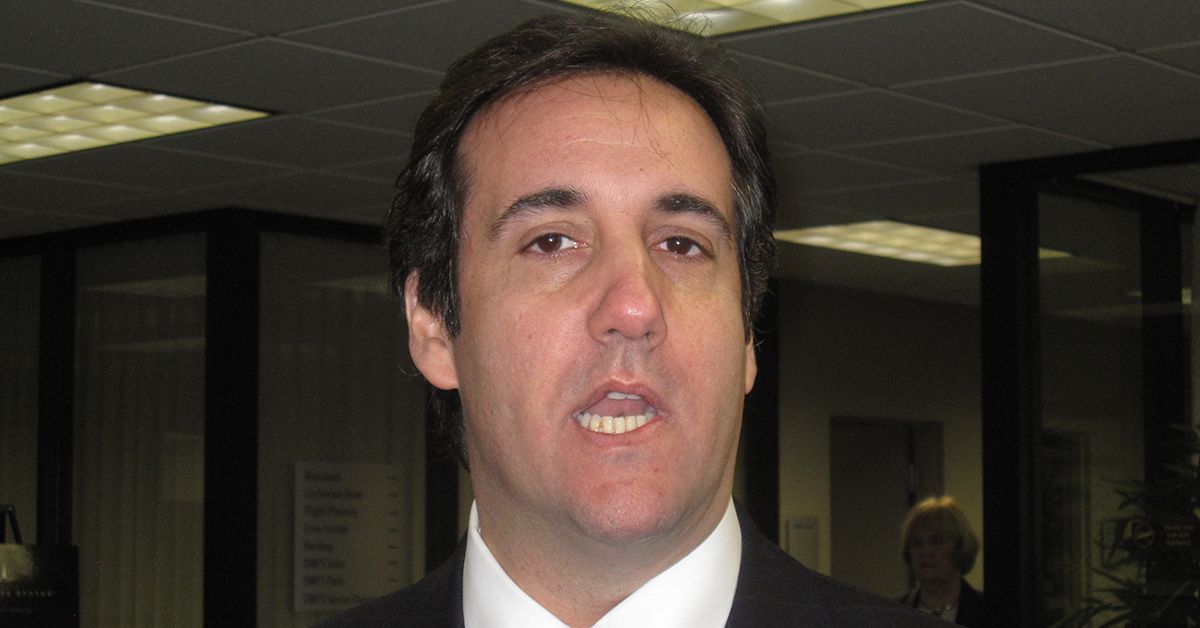After failing in their bid to review materials seized by federal investigators, attorneys for Michael Cohen and President Donald Trump await resolution on their fallback option — that a federal court appoint a third party to do so.
On 16 April 2018, federal Judge Kimba M. Wood rejected the request on the part of Cohen, who is himself the president's attorney. But she did not rule out the possibility of appointing a third-party in the interest of "the perception of fairness."
Lawyers representing both Cohen and Trump first raised the possibility on 13 April of having another party review investigators' findings during raids on Cohen's home, office, and hotel room by agents from the Federal Bureau of Investigation. This third party (commonly referred to as a "special master") would then sift through and determine which materials could be covered by attorney-client privilege.
Wood's decision came exactly a week after the raid, which was reportedly carried out in search of records connected to payments issued to two women, Karen McDougal and Stephanie Clifford (Clifford is an adult performer under the name Stormy Daniels), who allegedly had affairs with Trump prior to his seeking office.
According to the Federal Rules of Civil Procedure, the court may appoint a "special master" (often an attorney) in the event of "some exceptional condition," or "the need to perform an accounting or resolve a difficult computation of damages," or if there is a need for them to perform some damage that the judge cannot address in a timely fashion. Both parties must consent before a special master can be appointed.
Once appointed, special masters are empowered to ensure that a court's orders are being followed, or to hear evidence on its behalf, as was the case when Harvard law professor Lawrence Lessig was appointed by a federal judge in 1997 to collect evidence in a lawsuit filed by the Justice Department against Microsoft.
Cohen's attorney, as well as one representing the president, argued that the use of a special master was justified by the decision in a 2002 case involving a defendant who was accused of "conspiring to provide material support or resources to designated foreign terrorist organizations."
"This case presents a number of extraordinary circumstances that favor the appointment of a Special Master to perform an initial review of the materials for privilege and responsiveness," Judge John G. Koetl wrote at the time.
In another notable example, then-Attorney General John Ashcroft appointed attorney Kenneth Feinberg to act as special master and supervise the distribution of the September 11th Victim Compensation Fund. Over the course of 33 months, Feinberg oversaw the distribution of $7 billion to bereaved families of 2,880 people killed in the 11 September 2001 attacks and another 2,680 people who were injured during either the attacks or rescue efforts that followed them.
